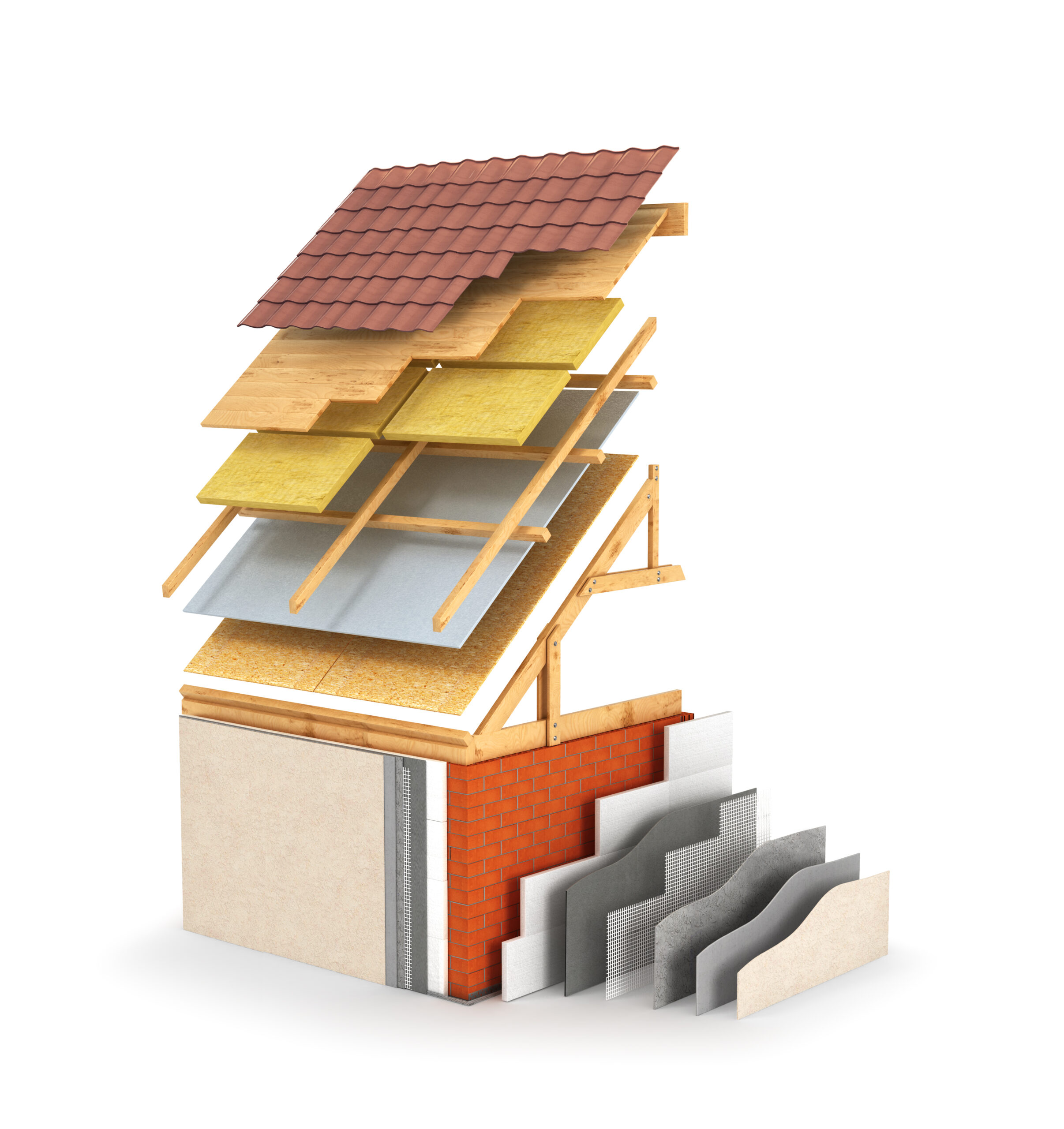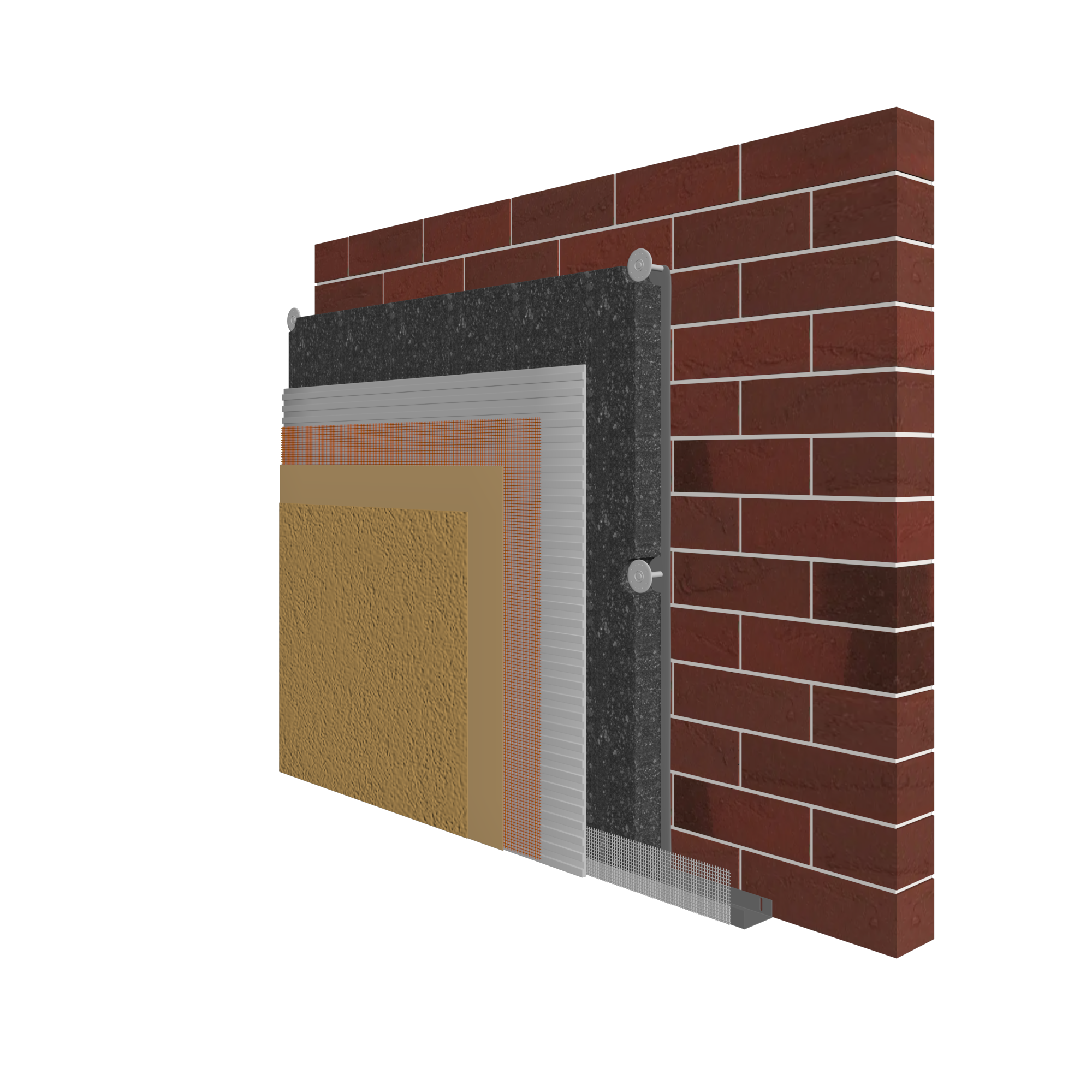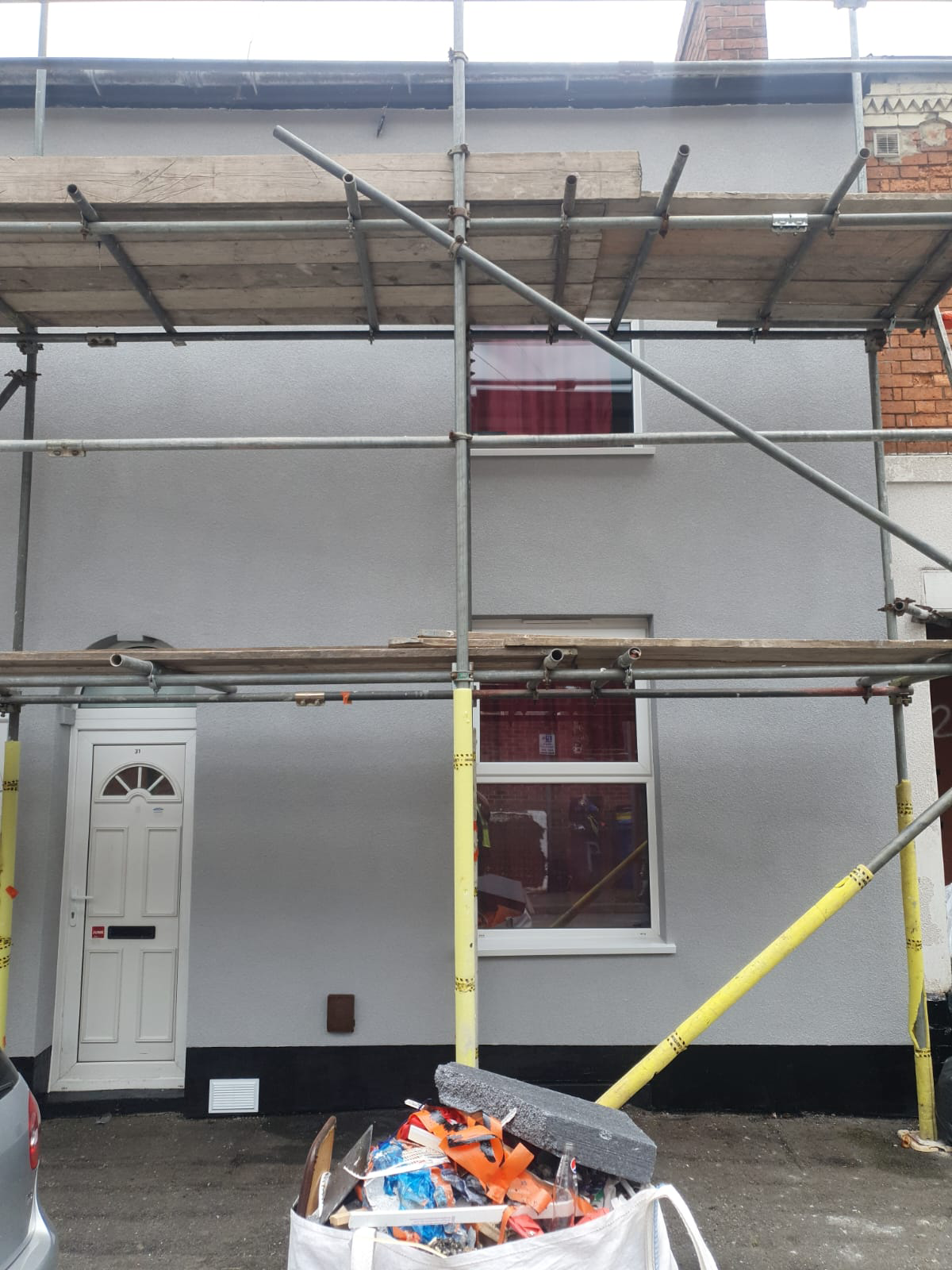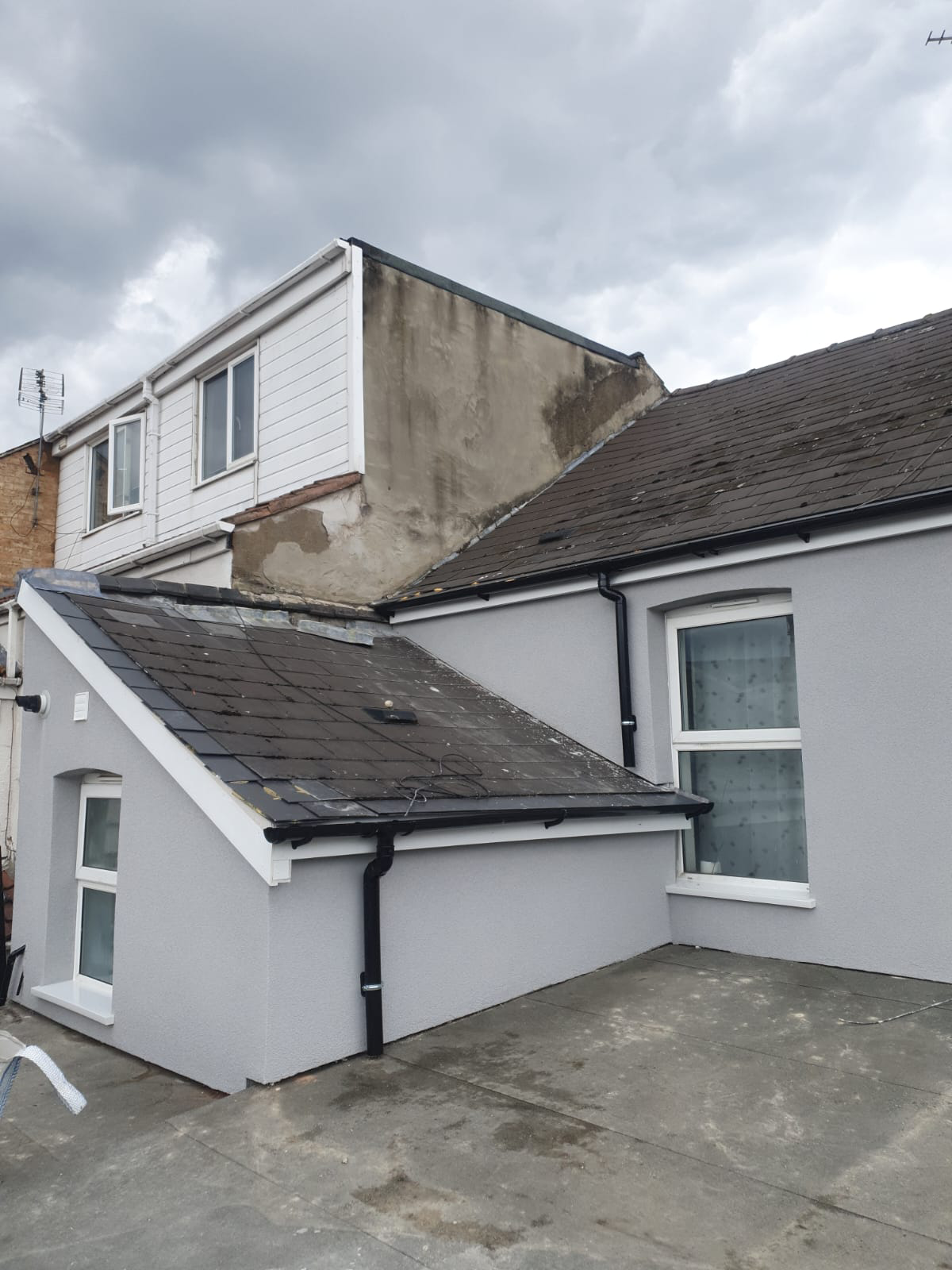What is GBIS?
GBIS involves a comprehensive process of assessing and certifying properties for specific standards. This initiative ensures that participating properties meet certain criteria related to efficiency and performance. The evaluation process includes detailed inspections and assessments by certified professionals. Once the inspections are completed, properties receive a certification that signifies they have met the established standards. This certification can often lead to improvements in the overall value and desirability of the property. The initiative is part of a broader effort to enhance property standards within the country.
It’s important to note that GBIS funding cannot be combined with other similar schemes. This means that if a property owner or manager is already receiving financial support or incentives from a different initiative for similar improvements, they will not be eligible for GBIS funding. This restriction ensures that the funds are distributed fairly and are not duplicated, allowing more properties to benefit from the scheme.

What is the aim of GBIS?
GBIS aims to improve energy efficiency in the least energy-efficient homes across Great Britain to address fuel poverty and reduce energy bills. The scheme provides specific insulation measures to eligible households. GBIS focuses primarily on single insulation measures per household.
Eligibility for the scheme typically targets those living in homes with an Energy Performance Certificate (EPC) rating of D to G. Low-income households, those on certain government benefits like Universal Credit, Pension Credit, or Income Support, and social housing residents vulnerable to cold conditions are prioritised. Pensioners can also receive free insulation, even if they don’t meet all the other criteria.
Who is eligible?
What does it include?
The scheme includes a range of insulation upgrades, such as cavity wall, external wall, loft, underfloor, and solid floor insulation. Each qualifying home undergoes an assessment to determine the most effective insulation measure. Sometimes, households may need to contribute to the costs, especially for higher-cost measures.
Applications for the GBIS are made through the official UK government portal, and the scheme will run from March 2023 until March 2026.
When does GBIS end?
How can homeowners utilise GBIS for their external wall insulation?
External wall insulation involves adding a layer of insulation material to the outside walls of a home, which can dramatically reduce heat loss and enhance thermal comfort. By participating in the GBIS, homeowners can receive substantial funding to offset the initial installation costs. Although they will need to cover a portion of the expenses, the grant can significantly reduce the total amount they need to pay out of pocket (Ofgem) (Effective Home) (Energy Saving Trust).


Additionally, external wall insulation enhances the overall comfort of a home by maintaining a more consistent indoor temperature. It also reduces the environmental impact by lowering the home’s carbon footprint, contributing to broader efforts to combat climate change. By utilising the GBIS for external wall insulation, homeowners can achieve a more energy-efficient home, enjoy lower energy costs, and play a part in reducing carbon emissions (Ofgem) (Energy Saving Trust).
In summary, while GBIS requires a customer contribution for external wall insulation, the grant can cover a significant portion of the costs. Homeowners who take advantage of this scheme can benefit from substantial energy bill savings, improved home comfort, and a reduced environmental impact, making it a worthwhile investment (Ofgem) (Effective Home) (Energy Saving Trust).
VAT ON INSULATION MATERIALS
What are the approximate savings homeowners can expect from GBIS & EWI?
Installing external wall insulation through the Great British Insulation Scheme (GBIS) can significantly reduce energy bills. The exact savings depend on the property’s size, type, and insulation efficiency, as it helps maintain a consistent indoor temperature and lowers heating costs. The savings from GBIS can vary depending on the type of house.
Average bills change depending on wholesale energy prices, network costs, operating costs, and other factors. Your energy bills may be higher than the average, depending on how much energy you use in your home. British Gas publishes updates on average bill prices periodically, with the latest set of figures available for access on https://www.britishgas.co.uk/energy/guides/average-bill.html.
Here are the average annual savings associated with different house types:
| House Type | Average Cost Of EWI Without GBIS | Average Annual Savings | Average Payback Time | Average Payback Time using GBIS funding |
|---|---|---|---|---|
| Detached | £15,000 – £20,000 | £800 – £1000 | 20 Years | 10-12 Years |
| Semi-detached | £8,000 – £10,000 | £500 – £700 | 15 Years | 7-8 Years |
| Bungalow | £6,000 – £8,000 | £500 – £700 | 12-15 Years | 6-8 Years |
| Mid-terrace | £5,000 – £7,000 | £400 – £600 | 11-13 Years | 5-7 Years |
| End-terrace | £6,000 – £8,000 | £500 – £700 | 12-15 Years | 6-8 Years |
| Flat (per unit) | £3,000 – £6,000 | £200 – £400 | 12-14 Years | 6-7 Years |


Explore Case Studies Of Projects Utilising GBIS Funding

